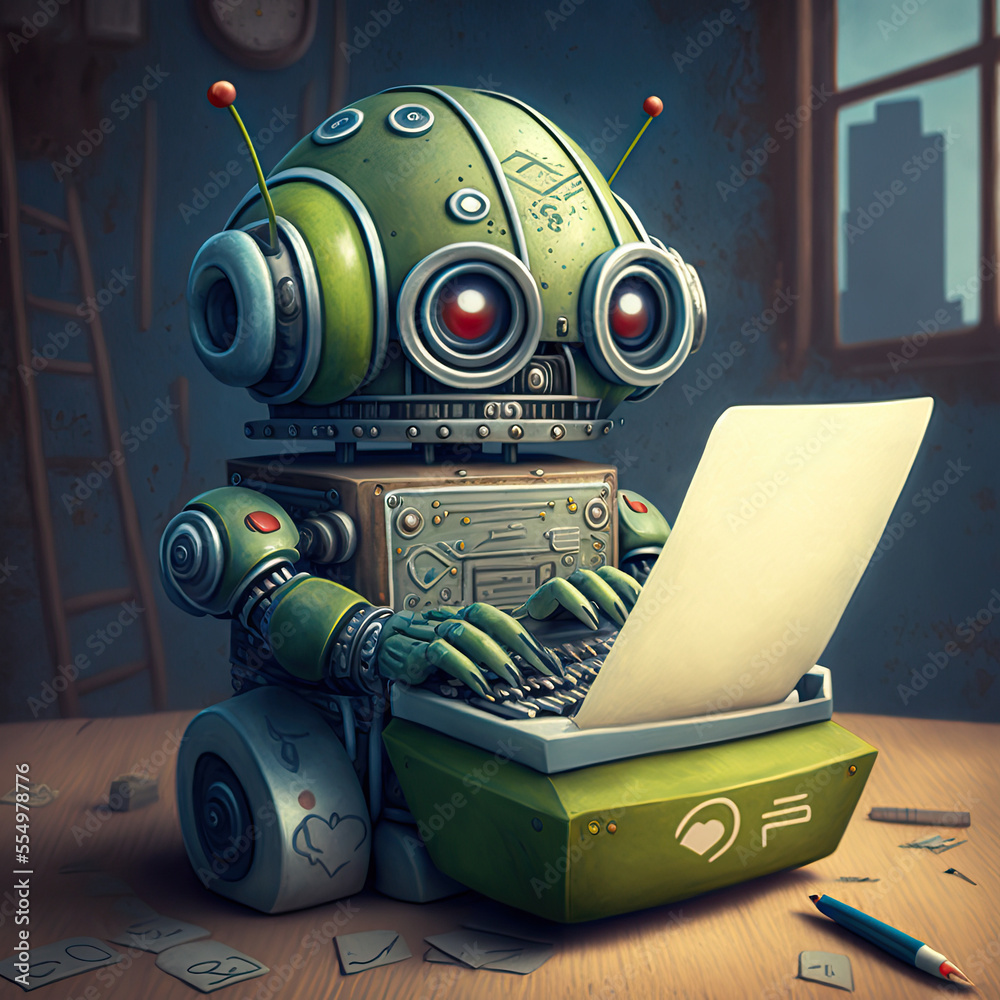Excellent article, in Serbian.
To translate to English (or some other language), just select "Translate" from Chrome or Edge menu.
Svi ćemo se pretvoriti u programere - Vreme
October 12, 2024, by
Nebojsa VasiljevićTopics
- My own typist
- Blurring the boundaries between professions
- Algorithmic thinking
- Study, study and only study
- "Conversation" with the computer
Summary, by AI
The text explores the extensive impact of artificial intelligence (AI) on both daily life and professional realms. There's an ongoing debate about whether AI will render programmers obsolete or make programming skills universal. NVIDIA's founder, Jasen Haung, suggests that AI advancements will eliminate the need for traditional coding, essentially making everyone a programmer as the programming language evolves to be more intuitive.
This controversial discussion highlights that the role of programmers is set to transform significantly with AI's progression. Similar to how the typist profession became obsolete with the rise of personal computers, the nature of programming tasks is likely to shift. AI will not eliminate programming jobs but rather redefine them, leading to new specializations and requiring programmers to focus on higher-level decision-making.
The article also touches upon the concept of algorithmic thinking, a way of problem-solving that Jeanette Wing introduced in 2006. This approach, which involves thinking like a programmer, is becoming crucial across various professions. The rise of AI emphasizes the importance of lifelong learning and a broad understanding of technology, enabling professionals to solve increasingly complex problems in their fields.
Furthermore, the text discusses how AI will democratize programming by making advanced computing more accessible, thus blurring the lines between traditional roles. It argues that everyone, regardless of their primary profession, will benefit from understanding technological concepts. This shift necessitates that people continually update their skills to stay relevant in their careers.
In summary, AI is set to revolutionize how we approach programming and problem-solving, emphasizing adaptability and continuous learning in an ever-evolving technological landscape.
